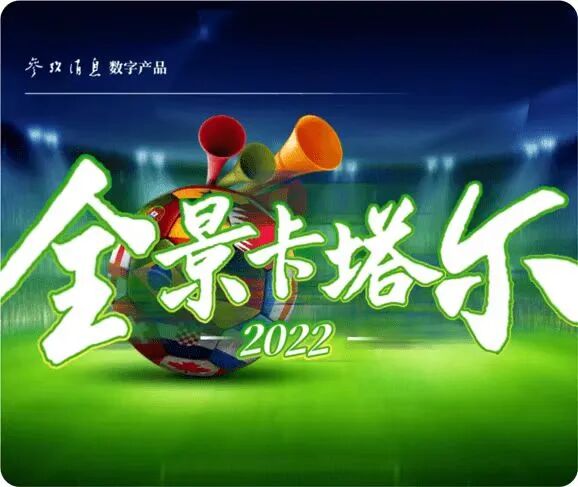On November 21, the Japan Economic News published an article titled “From Iron-Based Order to Silicon-Based Order,” authored by Tohru Saijo. The full excerpt is as follows:
The first chapter of the book Chip War by Chris Miller, a professor at Tufts University and economist, is titled “From Iron to Silicon.” During World War II, the production capacity of iron determined the ability of countries to wage war, allowing the United States to defeat Japan and Germany. The subsequent U.S.-Soviet Union era maintained a nuclear balance, but since the Gulf War in 1990, the use of semiconductors has disrupted this balance.
Even if both camps possess the same firepower, if there is a gap in the guidance capabilities that enable missiles to hit their targets, the balance will shift to imbalance. The current situation in Ukraine highlights the reality that the West, led by the United States, holds a significant advantage on the silicon battlefield.
Daiki Tsuchiya, a partner at McKinsey Japan who earned his Ph.D. in Applied Physics from Harvard University, pointed out: “Since around 2016, the development of artificial intelligence technology has made lethal autonomous weapon systems (LAWS) like combat robots gradually become a reality, and the strategic value of semiconductors has changed dramatically.”
According to Miller, the semiconductor industry is characterized by high monopolization. For example, in the memory sector, two South Korean companies account for 44% of the global market share, while 37% of processor computing power is contributed by companies like Taiwan Semiconductor Manufacturing Company (TSMC), which excels in precision processing.
In the market for manufacturing equipment essential for mass-producing advanced semiconductors, five companies from Japan, the U.S., and Europe, including ASML from the Netherlands, Applied Materials from the U.S., and Tokyo Electron, dominate. The design software for high-end semiconductors is almost entirely monopolized by the United States.
This means that there are critical choke points at various junctures in the value chain; if these choke points are blocked, it can sever a country’s technological supply line.
At a time when semiconductors play an undeniably significant role in shaping the world order, Japan cannot afford to give up easily. Fujitsu’s specialized processor “A64FX” developed for the “Fugaku” supercomputer combines high performance with low power consumption. The excellent design of its processor has contributed significantly to “Fugaku” ranking among the top supercomputers globally.
The head of the A64FX system development team, Yoshihiro Kusano, stated: “There are always claims that Japan’s semiconductor industry has declined, but in fact, we still have advantages. I am even optimistic that we can achieve a comeback.”
The competition surrounding semiconductors is a comprehensive strength competition that requires participation from both the government and the private sector, and Japan’s willingness and capability are being tested.
Supervised by | Cheng Rui
Reviewed by | Dong Lei
Edited by | Guo Qingna
Reference News Agency is dedicated to creating the first digital exclusive product
▼ Click the image below to shop now

Click the image below to purchase the digital version of Reference News ↓↓↓